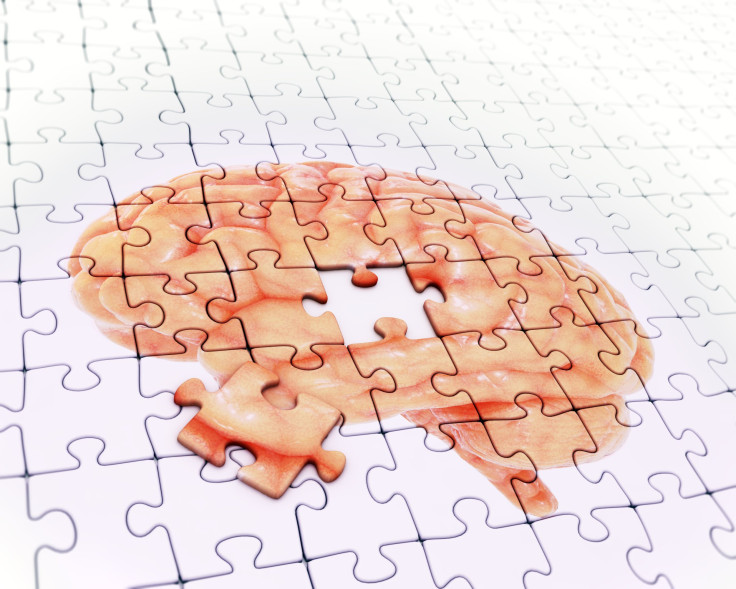Alzheimer’s May Be Reversible: Researchers Restore Lost Memory In Mice

Alzheimer’s disease is a fatal degenerative disease. Its diagnosis is heartbreaking for both the patient and their family. In a new study, however, a group of scientists in Spain have successfully used gene therapy to reverse memory loss in mice with early stages of Alzheimer’s. This discovery could potentially lead to the development of drugs that can be used to treat the condition.
A team of researchers from the Autonomous University of Barcelona put Crtc1, a gene which causes the production of a protein normally blocked in patients with Alzheimer’s, into the brains of mice. The gene was injected into the mice’s hippocampus, the region of the brain associated with memory processing. “The protein that was reinstated by the gene therapy triggers the signals needed to activate the genes involved in long-term memory consolidation,” the university explained in a statement, according to The Huffington Post.
Results showed that the protein restored through the gene therapy allowed for the activation of genes involved in long-term memory consolidation. The researchers found that alterations of the Crtc1 gene lead to the initial stages of Alzheimer’s disease. In individuals with this condition, plaque forms and prevents the Crtc1 protein from functioning properly. “When the Crtc1 protein is altered, the genes responsible for the synapsis, or connections between neurons in the hippocampus, cannot be activated and the individual cannot perform memory tasks correctly,” explained lead researcher Carolos Saura, to Business Standard.
The study’s finding could help in the development of drugs designed to target and activate these genes in humans. This would allow for the recovery of memory and essentially cure Alzheimer’s disease. Alzheimer’s is the most common form of dementia. It affects one in nine people aged 65 and older, and there are an estimated 5.2 million Americans of all ages living with the disease, according to the Alzheimer's Association. By 2015 the number of Americans living with Alzheimer’s is expected to reach 7.1 million, and by 2050 the number is estimated to rise to 13.8 million — unless there is a medical breakthrough. These high numbers are due to longer life expectancies and aging baby boomers.
Source: Parra-Damas A, Valero J, Chen M, et al. Crtc1 Activates a Transcriptional Program Deregulated at Early Alzheimer’s Disease-Related Stages. The Journal of Neuroscience. 2014
Published by Medicaldaily.com



























